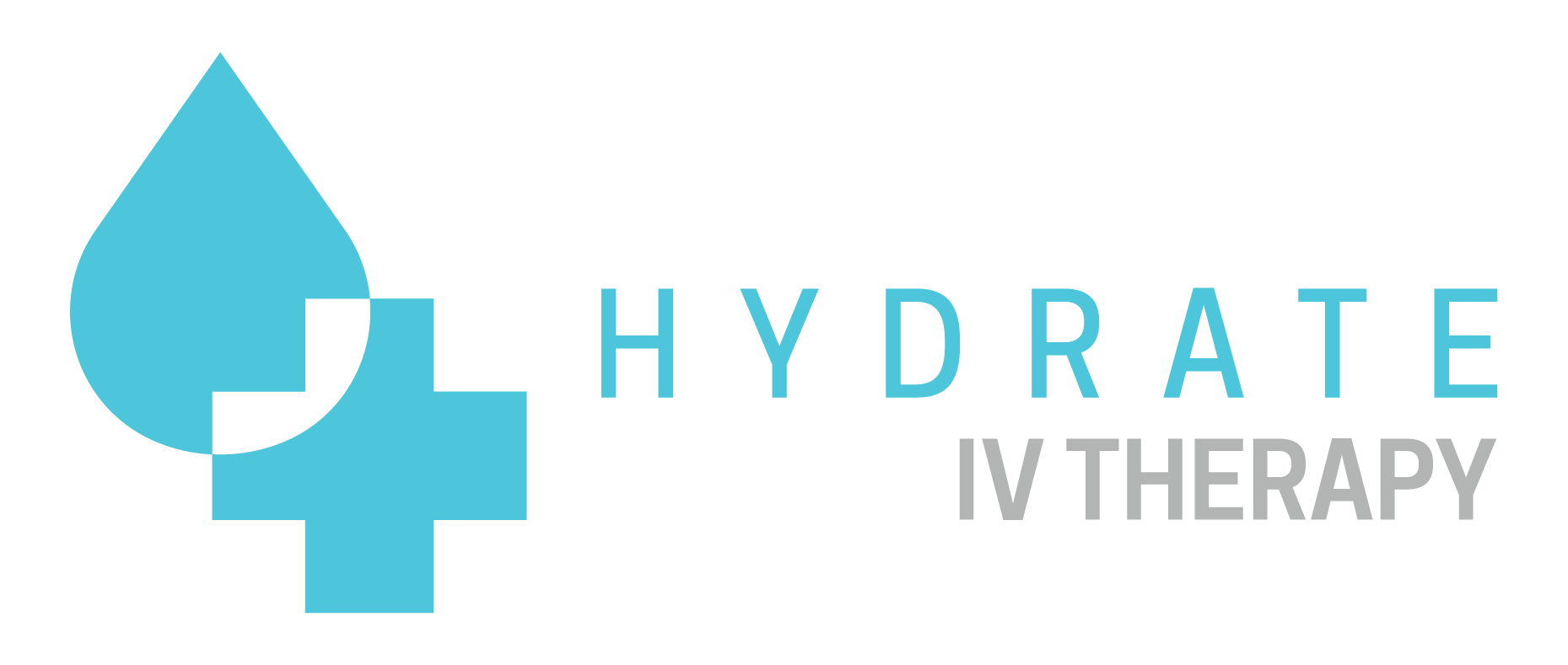In the quest for optimal health, a strong immune system is our first line of defense against infections and diseases. While a balanced diet, regular exercise, and sufficient sleep are foundational, certain nutrients play crucial roles in supporting and enhancing immune function. Nutrients such as Vitamin C, Vitamin D, and Zinc stand out for their importance. Let’s take a look at how these nutrients work, their benefits, and how to ensure you're getting enough of them.
Vitamin C
Vitamin C, also known as ascorbic acid, is a potent antioxidant that helps protect cells from damage caused by free radicals. Vitamin C is crucial as it has many positive impacts on the body.
It enhances our white blood cell (WBC) production. WBCs give our body the ability to fight off infections and illness.
Vitamin C helps your body produce collagen. Collagen is an essential protein in our skin, the largest organ in our bodies. Healthy skin not only looks good, but skin’s integrity is your body's first line of defense against bacteria and viruses.
A healthy balance of Vitamin C helps maintain our absorption of iron, and can reverse the inhibiting effect of such substances as tea and calcium/phosphate. By increasing the absorption of iron, healthy red blood cell production and overall immune function is improved. Vitamin C helps you retain a state of readiness to ward off illness.
How do we maintain adequate levels of Vitamin C, and what are the best sources? Usually we can achieve adequate levels by including Vitamin C-rich foods into our diets. Some these foods include:
Citrus fruits such as oranges and grapefruit
Berries such as strawberries, blueberries, and raspberries
Kiwi
Bell peppers
Broccoli
Brussels sprouts
When Vitamin C levels are still low or eating enough of the above foods is not an option, IV supplementation can also be done. Vitamin C is a water-soluble vitamin that can be included in an isotonic intravenous fluid delivered directly into the bloodstream.
Vitamin D
Vitamin D, aka the “Sunshine Vitamin”, is unique because it can be produced by the skin in response to sunlight exposure. Vitamin D has many fascinating properties when dealing with immunity:
Vitamin D regulates the immune system by promoting the production of antimicrobial peptides that help fight off pathogens.
Vitamin D also helps to maintain a balanced immune response while reducing chronic inflammation, which is linked to various diseases.
Since sufficient Vitamin D is not commonly found in many foods, sunlight exposure plays a significant role in achieving appropriate levels in your body. However, in regions with limited sunlight or during winter months, dietary sources and supplements become even more important. Some of the foods that can provide a good source of Vitamin D include:
Fatty fish such as salmon and mackerel
Milk and orange juice
Egg yolks
Mushrooms
Oral Vitamin D supplements are another approach to obtain healthy levels within our bodies. However, many people avoid or cannot take pills, and turn to the injectable route. Intramuscular shots of Vitamin D every 2-4 weeks offer an even better way to achieve and maintain optimal levels in our bodies. Vitamin D is injected into the muscle where excellent vascularity allows it to quickly reach the systemic circulation, bypassing the first-pass metabolism in the GI tract.
Zinc
Zinc is a trace mineral that supports numerous aspects of immune function. Some might call it the “Immune System Regulator.”
Zinc is crucial for the development and activation of T-cells, a type of white blood cell critical in immune responses.
Zinc plays a role in wound healing by maintaining skin health and aiding in the repair of tissues.
Unlike Vitamin D, adequate zinc levels can be found in many food sources and should be incorporated into our diets. Some of these sources can include the following.
Meats such as beef, venison, bison, and pork
Shellfish
Legumes such as chickpeas and lentils
Nuts
Seeds
Whole grains
Intravenous zinc does have a higher absorption rate compared to zinc obtained from foods or oral supplements. Similar to intramuscular Vitamin D, bypassing the digestive system allows Zinc to be absorbed directly into the bloodstream.
Conclusion
Maintaining a healthy immune system is a multifaceted endeavor, and incorporating essential nutrients like Vitamin C, Vitamin D, and Zinc is a key component. By focusing on a balanced diet rich in these nutrients, you can help bolster your body’s defenses against illness and support overall health. If illness or inadequate intake prevents you from gaining adequate levels of these critical immune components, Hydrate IV Therapy in Edina can help! We can help achieve your wellness goals and boost your immunity by offering these essential vitamins. Here’s to a healthier, more resilient you!


